Sustainable Mindset: 14 Things We Can Do Today To Help Fight The Climate Battle

It’s not just down to us as individuals to combat the climate crisis. Systematic change is desperately needed through government legislation and the practices of big businesses. Nonetheless, we the ‘consumers’ (step 1, stop allowing ourselves to be reduced to this label) have immense power. If we can integrate a sustainable mindset into our daily approach to life, it will become something that is no longer optional – truly respecting the urgent necessity required which will translate into a wider impact.
Below we've listed 14 tips to get the ball rolling on your journey towards fostering a loving and mutually beneficial relationship with the planet that is your home.
- Electric saving! Being mindful of this in our homes is good for the planet and equally for our pockets: Switch lights off when you don’t need them on, turn plugs off at the wall, use energy saving lightbulbs when you can
- Buy food that is grown/baked as close to home as you can, the little independent butcher/baker down the road. Since the meat industry is a HUGE polluter, ask yourself is meat necessary for every meal? Cutting down on this consumption means better quality and more ethically sourced animal produce can be purchased… and enjoyed to the fullest!
- Find your nearest flexible plastic recycling point. Flexible plastic describes the kind of household plastic that we usually cannot recycle – cling film wrapping, bags, pet food packets, sachets, foil and all kinds of flexible soft scrunchy sheeting that encases our food. The Flexible Plastic fund is championing an initiative that makes these usually un-recyclable materials… able to be recycled! They have retailer collection points all over
- For every party celebration going forward – make a pact to yourself never to buy a plastic balloon or plastic decorations again. Instead make your own bunting from scraps (this can be a super fun activity with kids) and use year after year
- If you love a take-out coffee, then only go to those stores that allow you to refill your cup
- For those who menstruate – purchase a menstruation cup instead of using disposable sanitary products. The pollution created from periods is gigantic, considering there is plastic contained within almost every product. In 2018, 5.8 billion tampons were purchased in the USA alone, all to be thrown away after 1 use and not made from materials that biodegrade well…
- For wee babies, make the switch to re-usable nappies! Conventional nappies do not biodegrade quickly, in fact… the ones us adults wore as babies are still in landfill today. This approach saves you so much money too!
- Another one for the bairns – avoid plastic toys! Wooden alternatives are much better for the environment, last longer and will make the kids just as happy.
- Love wearing make-up? Start using re-usable cotton pads to remove it instead of single use make-up wipes. They are much kinder to skin and can just be popped in the wash
- Think about ways to spend your leisure time that don’t involve unnecessary consumption e.g connect with nature again by going to green spaces! Try not to view ‘going shopping’ as a specific leisure activity. This is an important step to take when training our minds against overconsumption.
- Avoid extravagant plastic wrapping for special occasion presents. We know it’s nice to make the gift look lovely – so there are eco-friendly materials as an alternative! It is also great to reuse wrapping we have from being the receiver of gifts.
- Our favourite – stop buying new clothing all the time! When you do, purchase from sustainable brands who use natural fibres. Be prepared to pay more for something that will last – wear your clothes to the fullest and relieve yourself from any worry/stigma associated with wearing the same things again and again
- Embrace second-hand options. This is not just when looking for clothes. There are many platforms who facilitate second-hand purchases. It means you can satisfy an urge for something new without supporting overproduction - by making use of what already exists and giving value to something that another person no longer needs! Also, it supports your local neighbours to make money as well as saving money yourself. It is another means of genuine community elevation – sharing amongst one another instead of being constant consumers of ‘new’ from corporations.
- Large, globalised corporations are the biggest culprits of pollution… so support small local businesses in your area as best as you can! This helps liberate a sense of community, supports jobs for local people and also cuts down significantly on carbon miles associated with your purchases.
A final note: Living sustainably is about building a resilience to the insanity that is capitalist marketing which projects at us everywhere we go.. “Buy this!” “You NEED this to be happy!” “Owning this thing will improve your life” etc etc etc. If we can all train ourselves to be mindful of the tactics being used against us to perpetuate overconsumption, then our resistance can be the key to change.
Therefore, one last bit of advice, next time you’re in a shop and feel the urge to buy something… take a breath and ask if you really need it. Imagine yourself in a year, will it still be so exciting to you? One of my favourite exercises is to make myself wait a week and see if I still feel the same about it. Usually, the answer is no once I have stepped out of that environment which is designed to entice and disorientate me.
Love, as always
Clare and the team
x
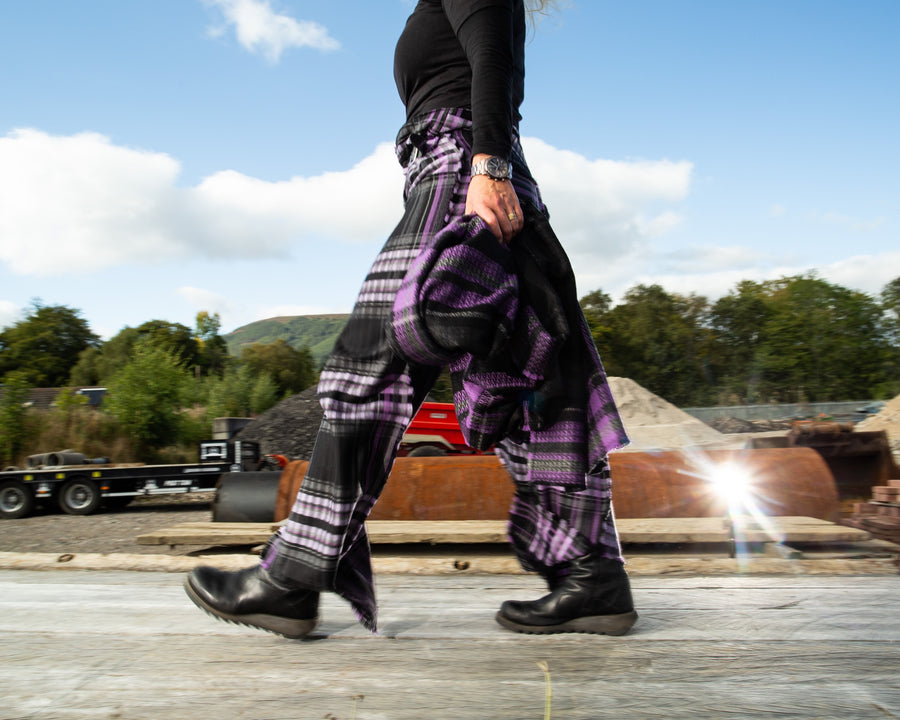
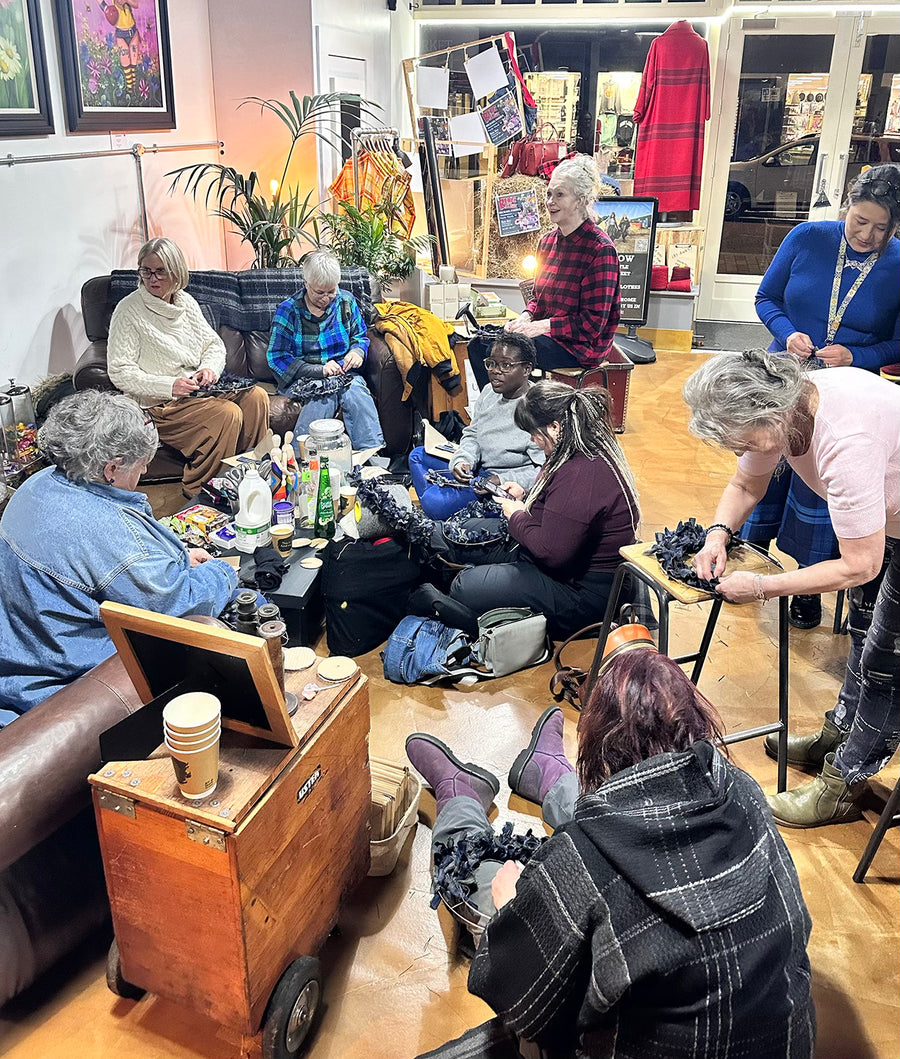
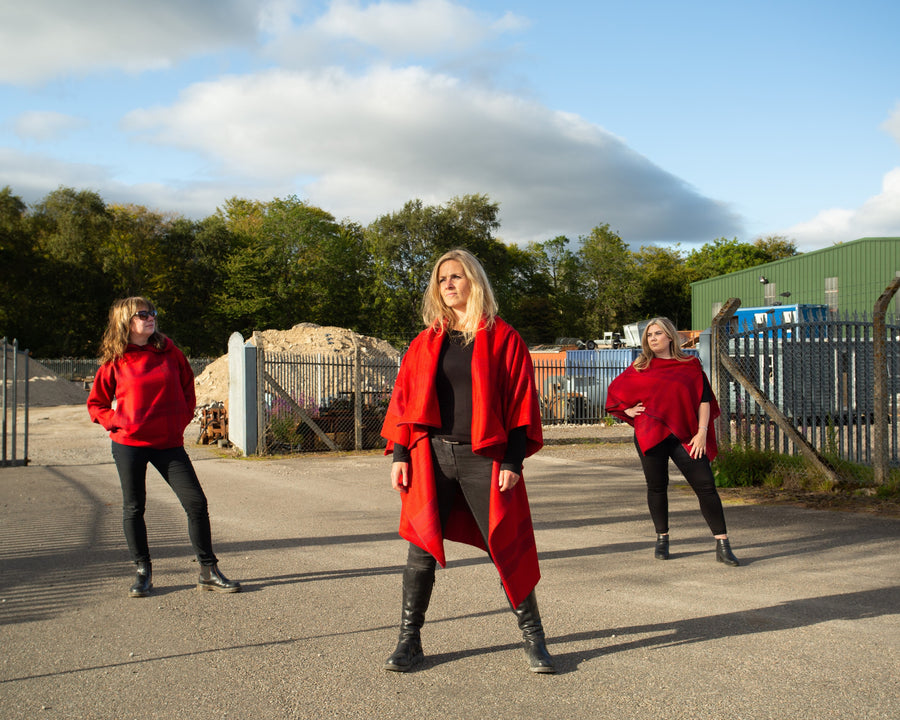
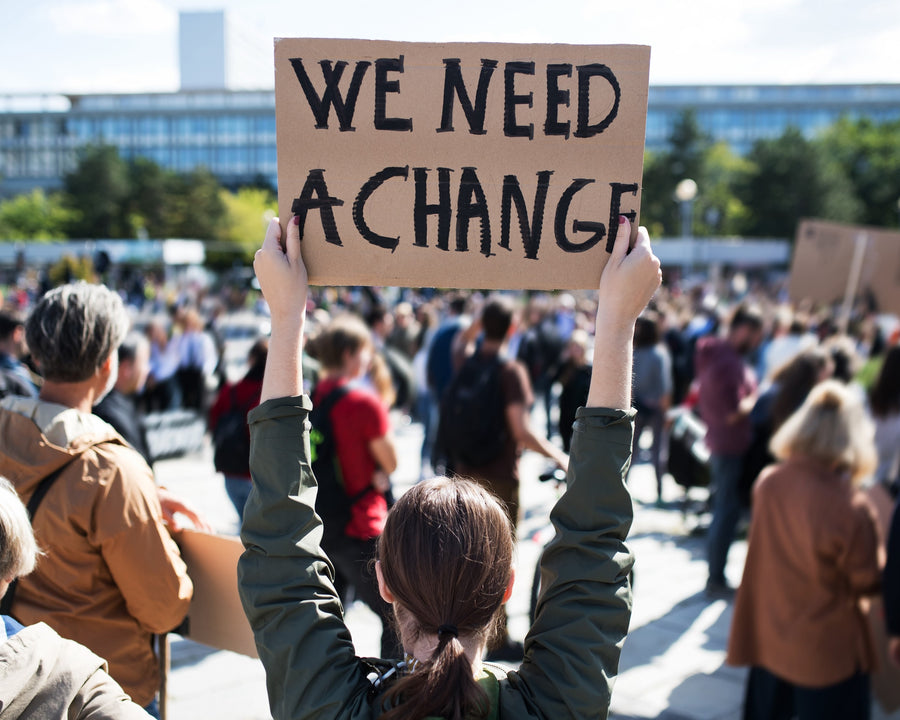
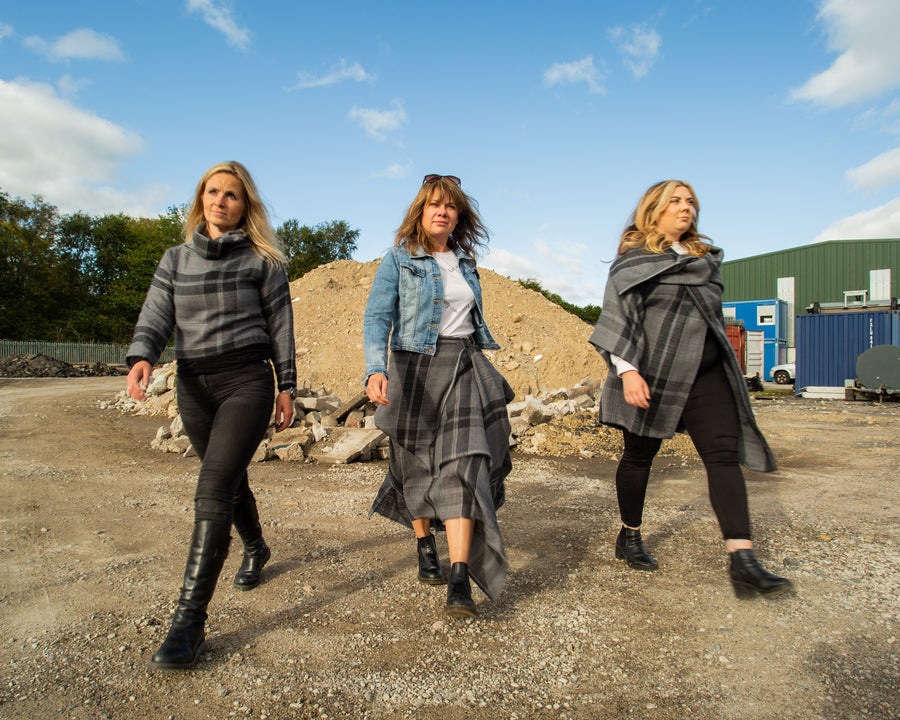
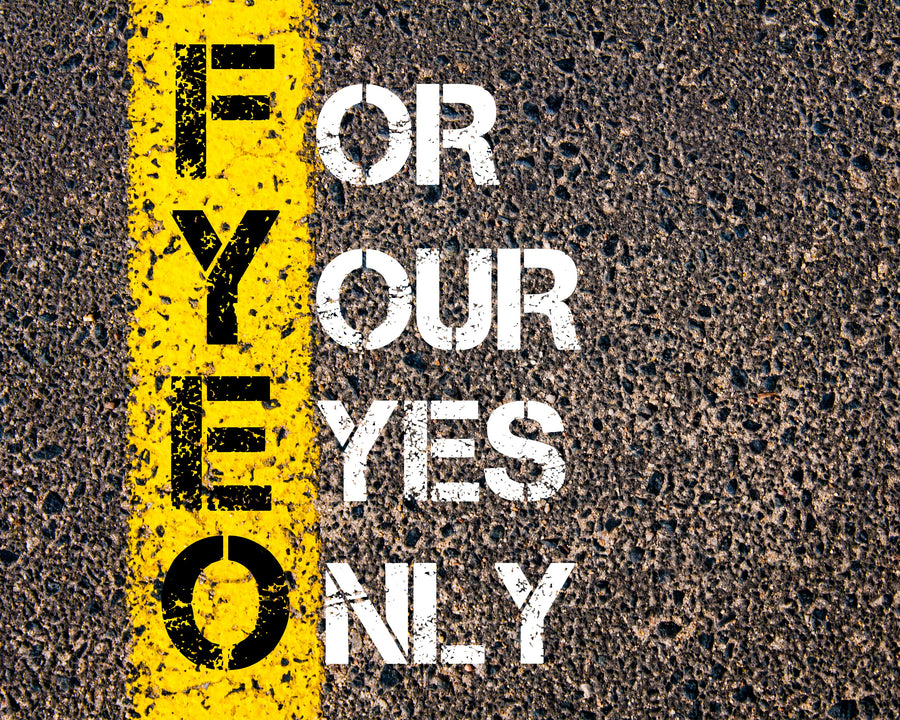
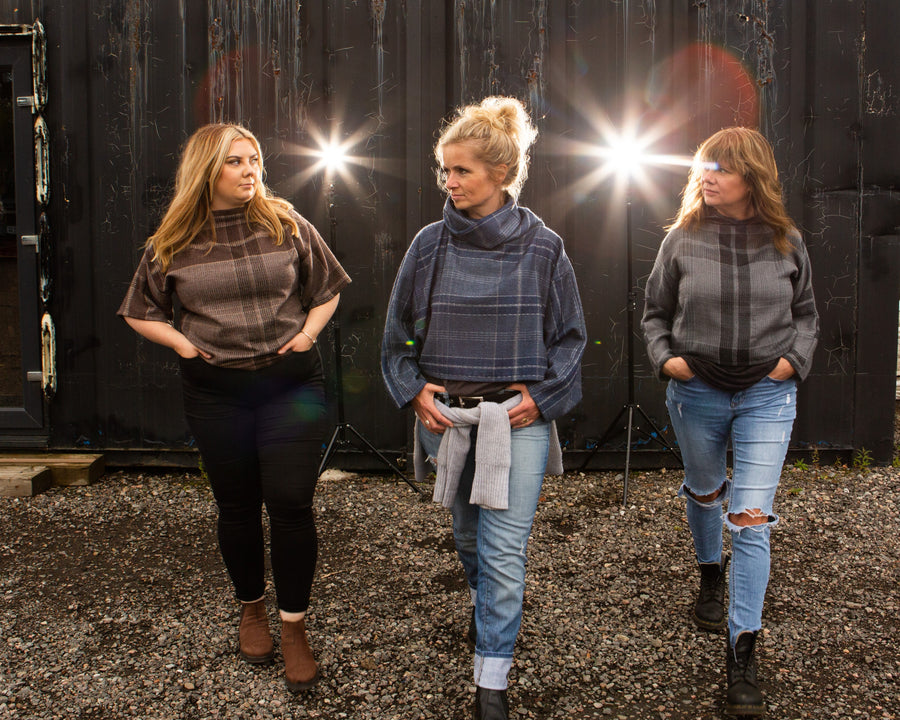

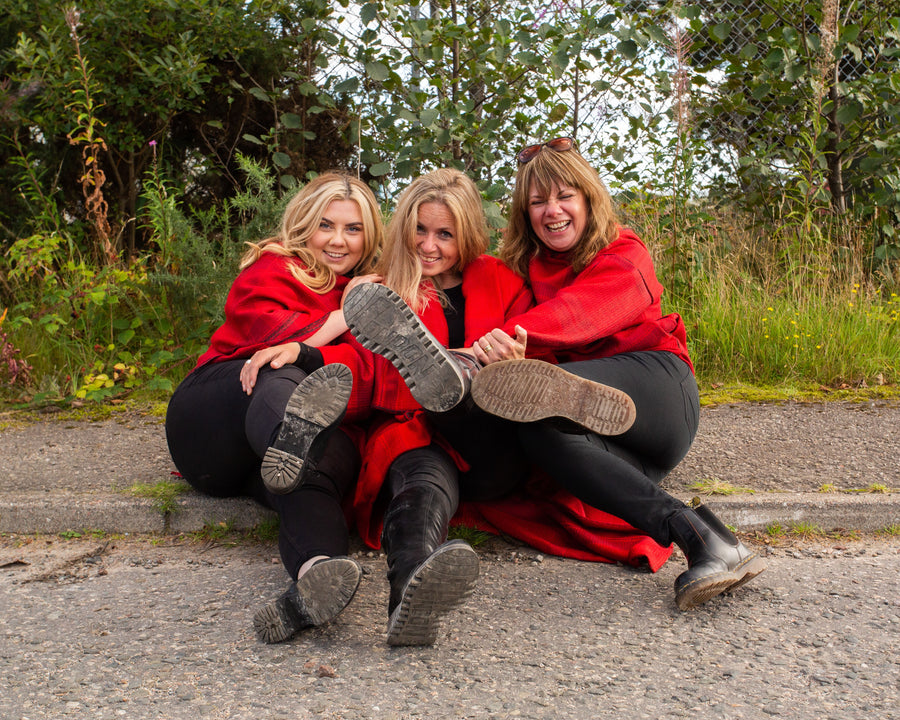





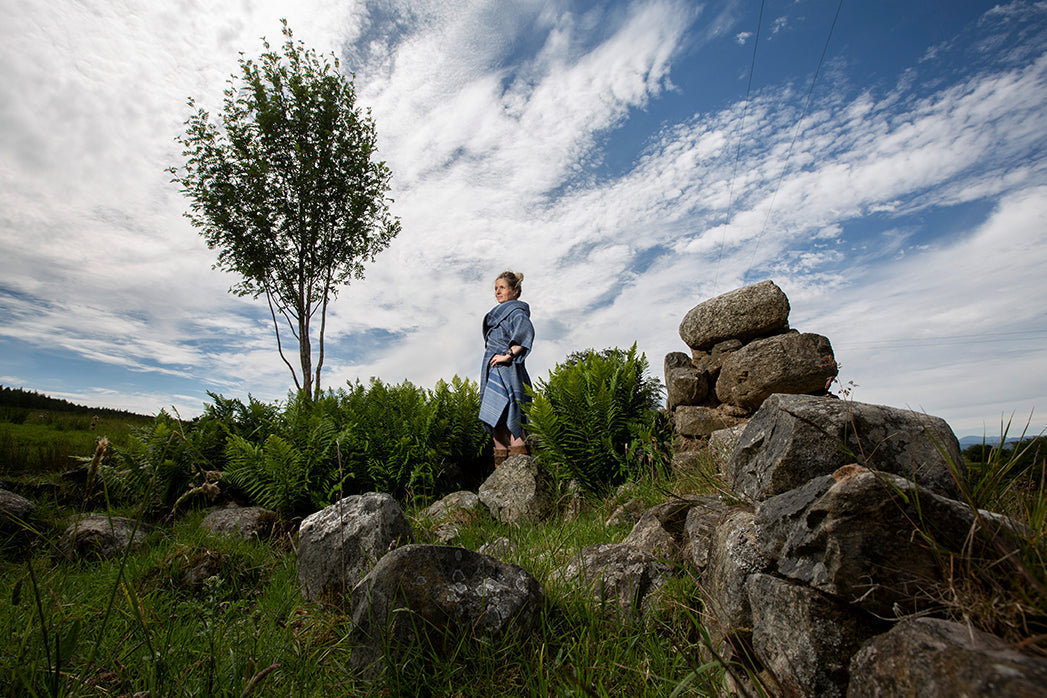

Share Your Thoughts